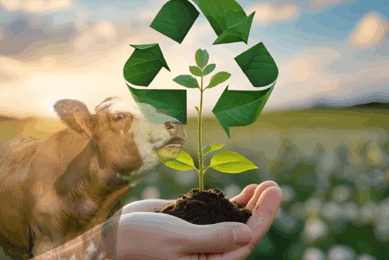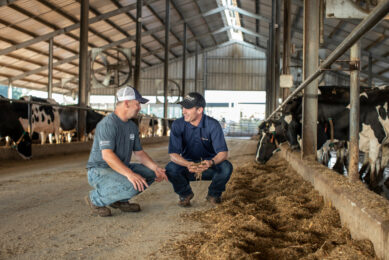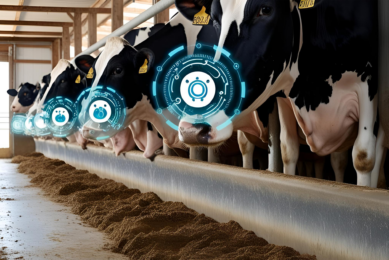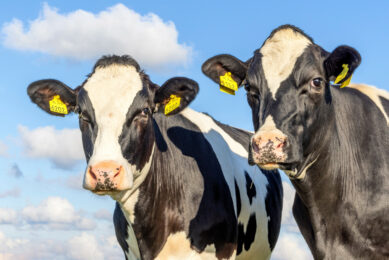Russia raises VAT on palm oil to support dairy industry
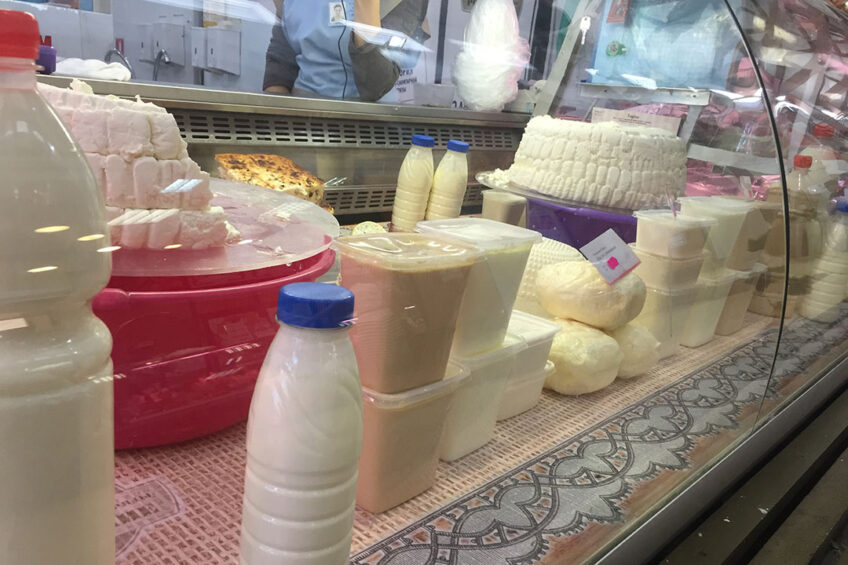
Vladimir Putin has signed into law a bill raising value added tax (VAT) on palm oil from 10% to 20%. This measure aims to support the dairy industry and is set to come into force from 1 October 2019.
By raising VAT on palm oil, Russia would be able to collect additional funds for its federal budget which could be spent to support the domestic dairy industry, said Vyacheslav Volodin, chairman of the State Duma, lower chamber of the Russian parliament. In the end, he said, all necessary conditions for the manufacturing of dairy products using high-quality raw materials and at an affordable price for customers would be established. The new law would give an additional income of some Rub5 billion (US$85 million) to the national budget per year, Andrey Makarov, chairman of the State Duma’s budget committee said.

False claims on food labels
In Russia, it is often believed that palm oil can harm one’s health. In July 2019, however, the Russian Healthcare Ministry said that high-quality palm oil is beneficial for human health. Victor Tutelyan, spokesperson of the Ministry, said that it was the fraud that concerned Russian authorities, which means that “if a product contains palm oil, its label should state it”. He added that there were also concerns about palm oil being shipped to Russia in the same tanks that petroleum was previously stored in, and that this was unacceptable.
In 2018, Russia imported just over a million tonnes of palm oil, 18.9% up as compared to the previous year, Russian Federal Customs Service estimated. Imports have grown steadily since 2014 when it was estimated at 659,000 tonnes. It is believed that additional palm oil ended up in the dairy industry and used as a milk fat substitute, as well as in the confectionery industry.
The most recent research conducted by the Russian veterinary body Rosselkhoznadzor in May 2019 revealed that 24% of dairy products in Russia were counterfeit, meaning that the actual composition of a product differed from what was stated on the label.

Achieving sustainability goals in livestock farming, needs to be a collaborative effort between policymakers, farmers and consumers. Measures taken now, act as an insurance policy for future generations, to ensure a safe and abundant food for the growing global population. Check out the Sustainable Livestock Farming special
Palm oil replaces milk fat
Research conducted in 2017 by the Russian dairy union noted that 39.7% of dairy products in Russia had false claims in term of ingredients, and in almost all cases dairy producers were fully or partly replacing milk fat with palm oil in products like cheese, butter and sour cream. Quite often the counterfeit products contained no milk fat at all, so as Russian government officials have been repeatedly warning, they could not even be considered as dairy products.
Demand for cheaper products
In 2016, Russia’s national union of dairy producers, Soyuzmoloko, released a report in which it said that the main reason for the “falsification crisis” was the falling purchasing power of Russian citizens. This is said to be the reason why milk consumption per capita in Russia has been shrinking since 2012, while customers were switching to the cheapest possible products. According to Soyuzmoloko, the price competition pushed some dairy producers to start using palm oil, which is much cheaper than milk fat.
Join 13,000+ subscribers
Subscribe to our newsletter to stay updated about all the need-to-know content in the dairy sector, two times a week.



